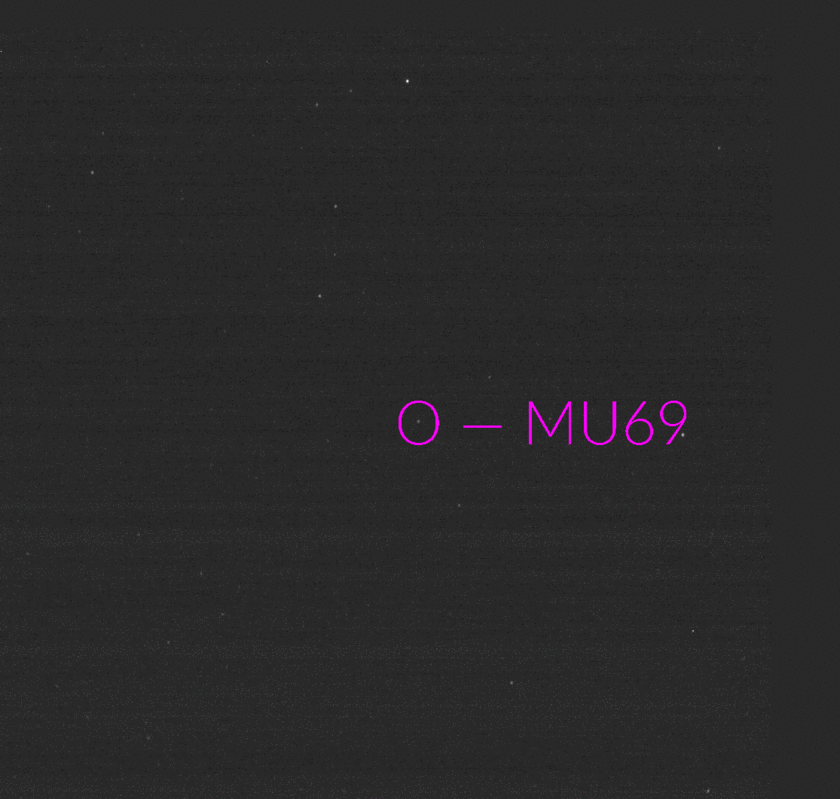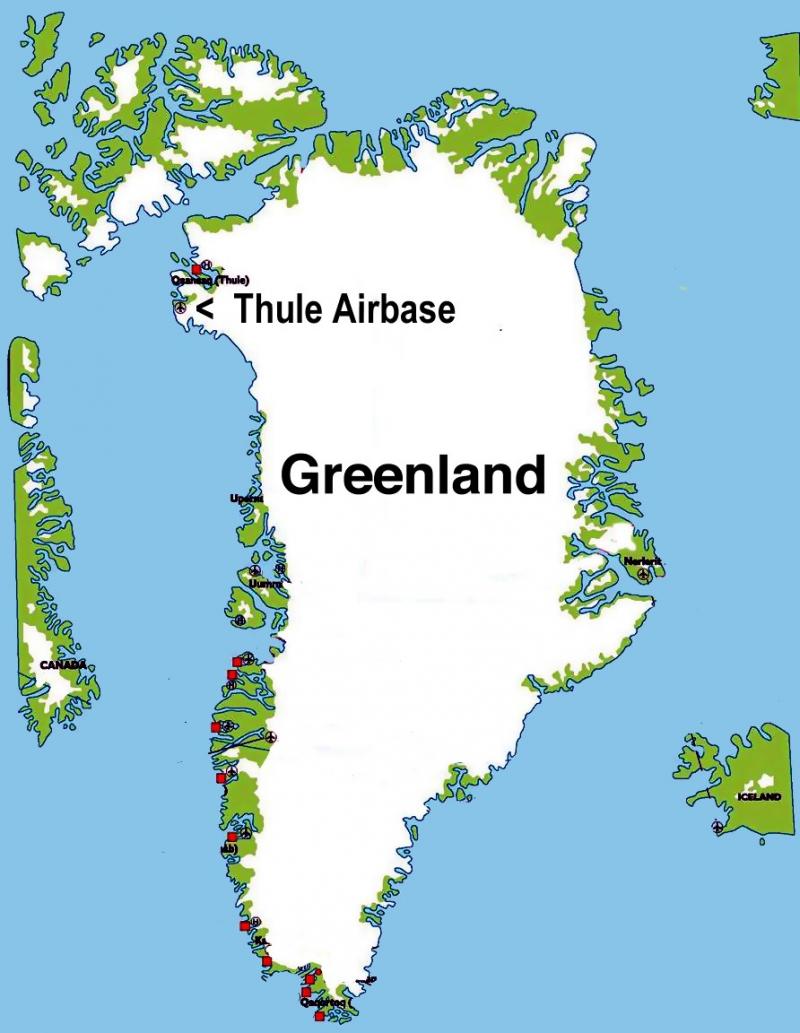
Posted on 12/31/2018 1:32:54 PM PST by Red Badger

This artist's illustration obtained from NASA on December 21, 2018 shows the New Horizons spacecraft encountering 2014 MU69 - nicknamed 'Ultima Thule' - a Kuiper Belt object that orbits one billion miles beyond Pluto. (Photo: AFP/HO)
______________________________________________________________
TAMPA: A NASA spaceship is zooming toward the farthest, and quite possibly the oldest, cosmic body ever photographed by humankind, a tiny, distant world called Ultima Thule about 6.4 billion km away.
The US space agency will ring in the New Year with a live online broadcast to mark historic flyby of the mysterious object in a dark and frigid region of space known as the Kuiper Belt at 12.33am on Jan 1 (0533 GMT Tuesday).
A guitar anthem recorded by legendary Queen guitarist Brian May - who also holds an advanced degree in astrophysics - will be released just after midnight to accompany a video simulation of the flyby, as NASA commentators describe the close pass on the agency's website.
Real-time video of the actual flyby is impossible, since it takes more six hours for a signal sent from Earth to reach the spaceship, named New Horizons, and another six hours for the response to arrive.
But if all goes well, the first images should be in hand by the end of New Year's Day.
And judging by the latest tweet from Alan Stern, the lead scientist on the New Horizons mission, the excitement among team members is palpable.
"IT'S HAPPENING!! Flyby is upon us! @NewHorizons2015 is healthy and on course! The farthest exploration of worlds in history!" he wrote on Saturday (Dec 29).
WHAT DOES IT LOOK LIKE?
Scientists are not sure what Ultima Thule looks like - whether it is round or oblong or even if it is a single object or a cluster.
It was discovered in 2014 with the help of the Hubble Space Telescope, and is believed to be 20-30km in size.
Scientists decided to study it with New Horizons after the spaceship, which launched in 2006, completed its main mission of flying by Pluto in 2015, returning the most detailed images ever taken of the dwarf planet.
"At closest approach we are going to try to image Ultima at three times the resolution we had for Pluto," said Stern.
"If we can accomplish that it will be spectacular."

NASA's New Horizons spacecraft is heading for a Jan 1 flyby of Ultima Thule, an icy object in the Kuiper Belt on the outer limits of the solar system. (Graphic: AFP/Jonathan WALTER)
_______________________________________________________________
Hurtling through space at a speed of 51,500 km per hour, the spacecraft aims to make its closest approach within 2,200 miles (3,500 km) of the surface of Ultima Thule.
The flyby will be fast, at a speed of 14km per second.
Seven instruments on board will record high-resolution images and gather data about its size and composition.
Ultima Thule is named for a mythical, far-northern island in medieval literature and cartography, according to NASA.
"Ultima Thule means 'beyond Thule' - beyond the borders of the known world - symbolising the exploration of the distant Kuiper Belt and Kuiper Belt objects that New Horizons is performing, something never before done," the US space agency said in a statement.
According to project scientist Hal Weaver of the Johns Hopkins Applied Physics Laboratory, mankind didn't even know the Kuiper Belt - a vast ring of relics from the formation days of the solar system - existed until the 1990s.
"This is the frontier of planetary science," said Weaver.
"We finally have reached the outskirts of the solar system, these things that have been there since the beginning and have hardly changed - we think. We will find out."
Despite the partial US government shutdown, sparked by a feud over funding for a border wall with Mexico between President Donald Trump and opposition Democrats, NASA administrator Jim Bridenstine vowed that the US space agency would broadcast the flyby.
Normally, NASA TV and NASA's website would go dark during a government shutdown.
NASA will also provide updates about another spacecraft, called OSIRIS-REx, that will enter orbit around the asteroid Bennu on New Year's Eve, Bridenstine said.
Ping!........................

Until tomorrow, then, here's a GIF of Uranus.
bump


It’s the farthest to be visited by a spacecraft, not photographed.
“visit” being a euphemism for a 30,000 mile per hour
flyby, culminating in a later long, slow return of the
images and data over two years;
the first to arrive tomorrow night.
Wouldn’t be both?.....................
That’s a good one.
Where did you find it?
Only if we don’t count photographs by telescopes.
That’s definitely Neptune.
I’m guessing Voyager 1 and 2 are the furthest man made objects from Earth. But they did not “visit” any objects beyond a few planets in our Solar System.

Why was the name Ultima Thule chosen?
Gotta love the engineering that goes into making something like this to happen.
Thule was a legendary city to the Romans far far to the north. Ultima Thule means the furthest away. Thulium, element #69 , was also named after that legendary city.
Another bit of trivia, The Far Horizons prob was made to visit Pluto and did so. Plutonium, element #94 , was named after Pluto which was considered a planet at the time. (#92=Uranium , #93=Neptunium, #94=Plutonium). By the way it was Plutonium which powered the probe and still does.
Oops.
I didn’t make that GIF, but thanks.
I guess you know how not to identify Uranus?

"Why was the name Ultima Thule chosen?"
Cuz it's cold and out in the middle of nowhere.....
Why was the name Ultima Thule chosen?
****************************************
Because that’s where the Thule Society came from. Duh.
/s.
Disclaimer: Opinions posted on Free Republic are those of the individual posters and do not necessarily represent the opinion of Free Republic or its management. All materials posted herein are protected by copyright law and the exemption for fair use of copyrighted works.